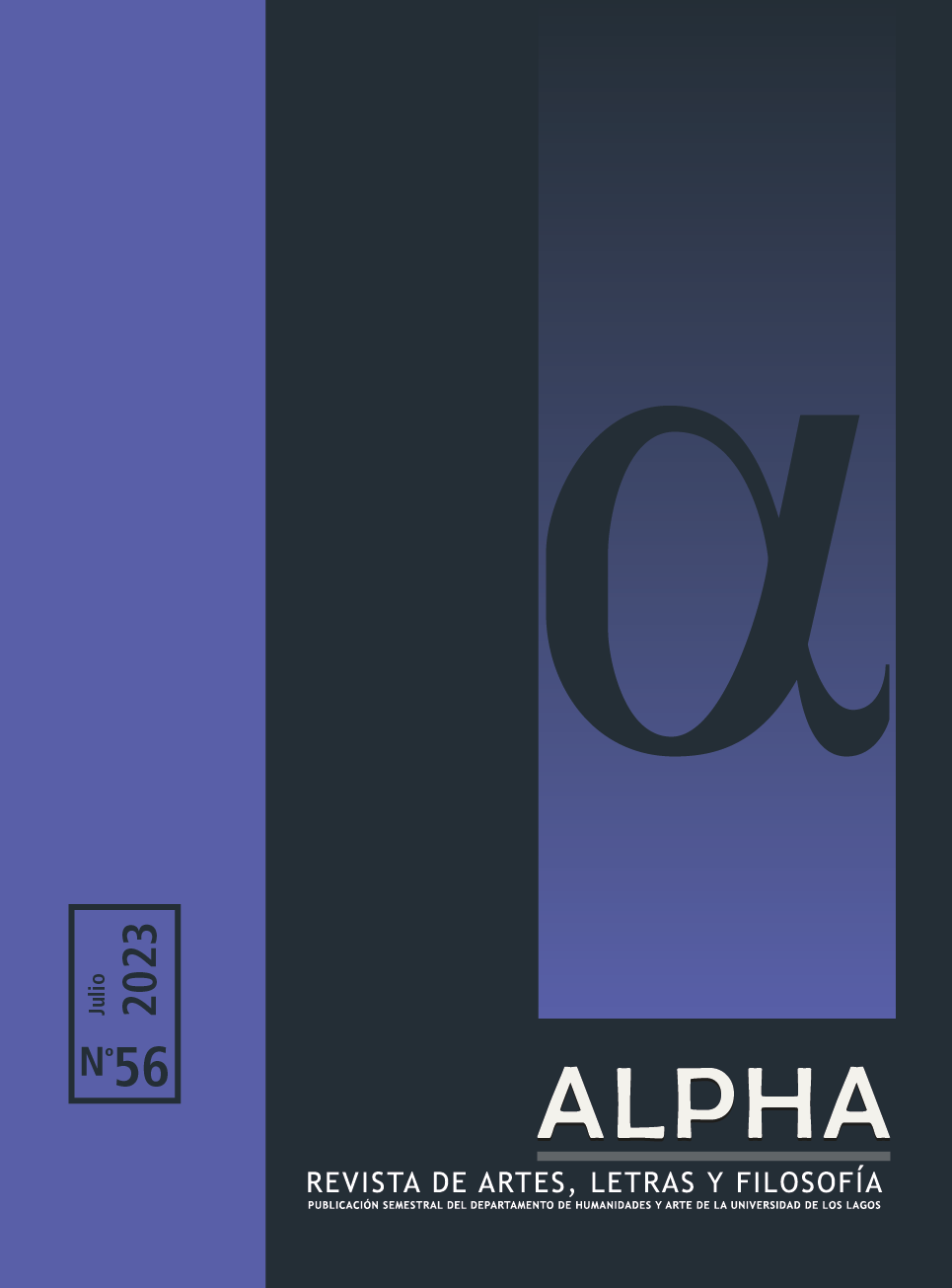The solution of linguistic variation in Chinese-Spanish literary translation: analysis based on The Teahouse
Main Article Content
Abstract
Linguistic variation is a phenomenon present in almost all languages. Its importance for translation studies is unquestionable. In this paper, we intend to investigate how the problems posed by linguistic variation are solved for Chinese-Spanish literary translation. To this end, we have chosen the work Teahouse and its two Spanish versions as the corpus of analysis. Based on the hypothesis that in the translation of the elements of linguistic variation in this work, standardization is used as the preferred translation solution, we analyzed the corpus to obtain both qualitative and quantitative data. The results allow us to confirm the general hypothesis, as well as to identify the specific characteristics and problems presented by the translation of linguistic variation from Chinese into Spanish.
Article Details
Downloads

This work is licensed under a Creative Commons Attribution-NonCommercial 4.0 International License.
